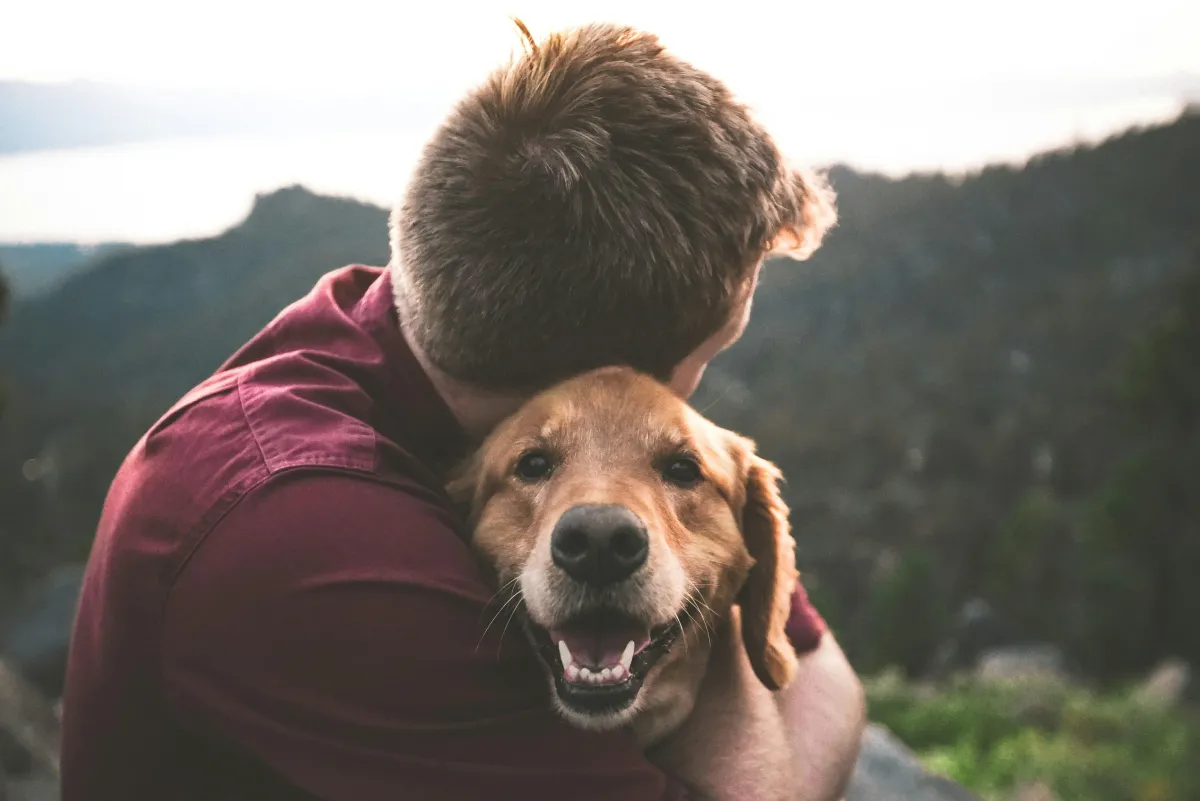
Recognizing Early Signs of Illness
“Early detection is the cornerstone of preventive medicine. The sooner we can identify changes in a pet’s health, the better the chance we have to intervene before a disease progresses.”
— Dr. José Arce, DVM, former president of the American Veterinary Medical Association (AVMA)
Pets can’t verbally tell us when something’s wrong, which makes it all the more important for pet owners in Prince George to pay close attention to subtle changes in behavior, appetite, and routine. At Ospika Animal Hospital, we regularly see cases where early detection of symptoms has made all the difference in successful outcomes. This article aims to educate pet owners about recognizing early signs of illness and knowing when to seek veterinary help.
Why Early Detection Matters
Many illnesses—especially chronic conditions like kidney disease, diabetes, or infections—begin with symptoms that are easy to overlook. Acting on those small changes can lead to earlier diagnoses and better recovery rates. Delaying treatment often leads to more complicated and costly care later.

Subtle Signs to Monitor
1. Changes in Behavior
If your pet is suddenly more lethargic, withdrawn, restless, or aggressive, it could signal discomfort or illness. Pay attention to how they interact with family members, toys, and other pets.
2. Eating and Drinking Habits
A decrease in appetite or sudden increase in thirst are important changes to watch for. Refusing food, chewing oddly, or seeming disinterested in treats may suggest dental problems, gastrointestinal issues, or systemic illness.
3. Bowel Movements and Urination
Changes in frequency, consistency, color, or smell of stool can be early indicators of digestive disorders or infections. Increased urination or accidents in the house may signal diabetes or urinary tract issues.
4. Grooming and Coat Condition
Overgrooming, hair loss, or a dull, flaky coat are signs that something might be off internally, from allergies to hormonal imbalances.
5. Unexplained Weight Loss or Gain
Even small weight changes, if consistent, warrant attention. Gradual weight loss could be linked to parasites, organ failure, or cancer.
6. Persistent Coughing or Sneezing
Occasional sneezes are normal, but prolonged respiratory symptoms may indicate infections, allergies, or even heart disease.
When Is It Time to Call a Vet?
Some changes may be minor or temporary, but if the symptoms persist for more than a few days or seem to be worsening, it's time to consult your vet. At Ospika Animal Hospital, we advise bringing your pet in if you observe more than one of the following:
Loss of appetite for more than 24 hours
Vomiting or diarrhea lasting more than a day
Noticeable behavior changes
Repeated urination accidents
Visible signs of pain, limping, or distress
How Ospika Animal Hospital Can Help
Our veterinary care team is trained to detect and treat conditions in their earliest stages. We offer:
Comprehensive physical exams
In-house bloodwork and diagnostics
Preventive wellness plans
Nutrition and behavioral counseling
Whether you’re concerned about a small change or simply want to schedule a wellness check, our caring staff is here to guide you. Early action can save lives—and at Ospika Animal Hospital, your pet’s health is our top priority.
Final Thoughts
Monitoring your pet’s health starts with you. By keeping a close eye on their day-to-day habits and reporting any prolonged or unusual changes, you play a vital role in their well-being. If you’re ever in doubt, don’t wait—reach out to Ospika Animal Hospital in Prince George for trusted, compassionate veterinary care.
